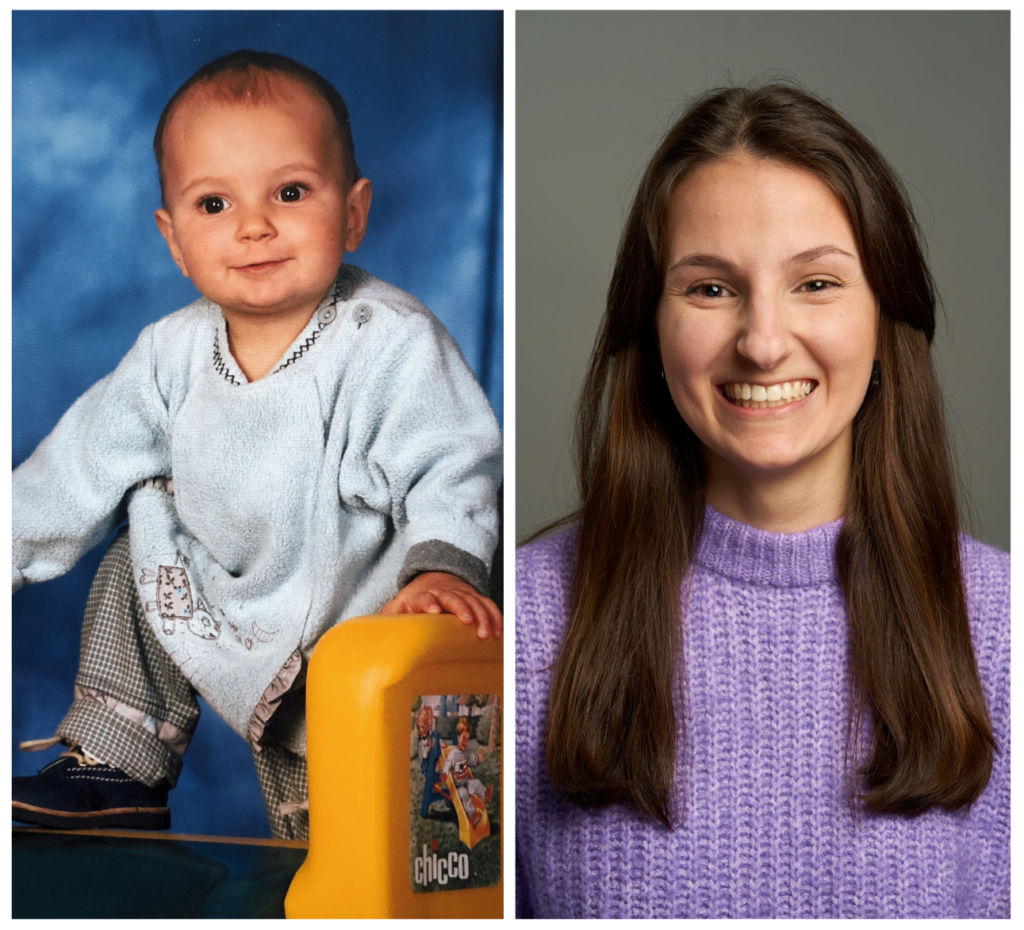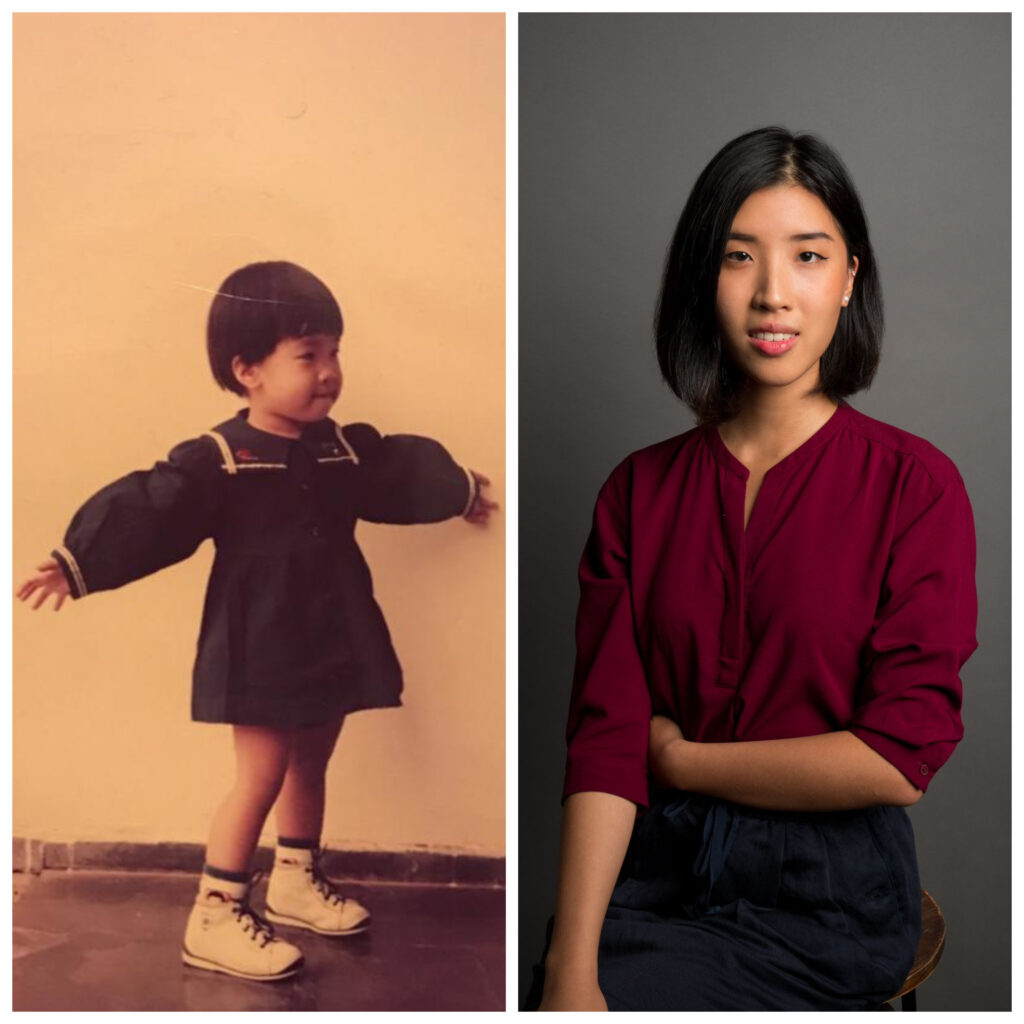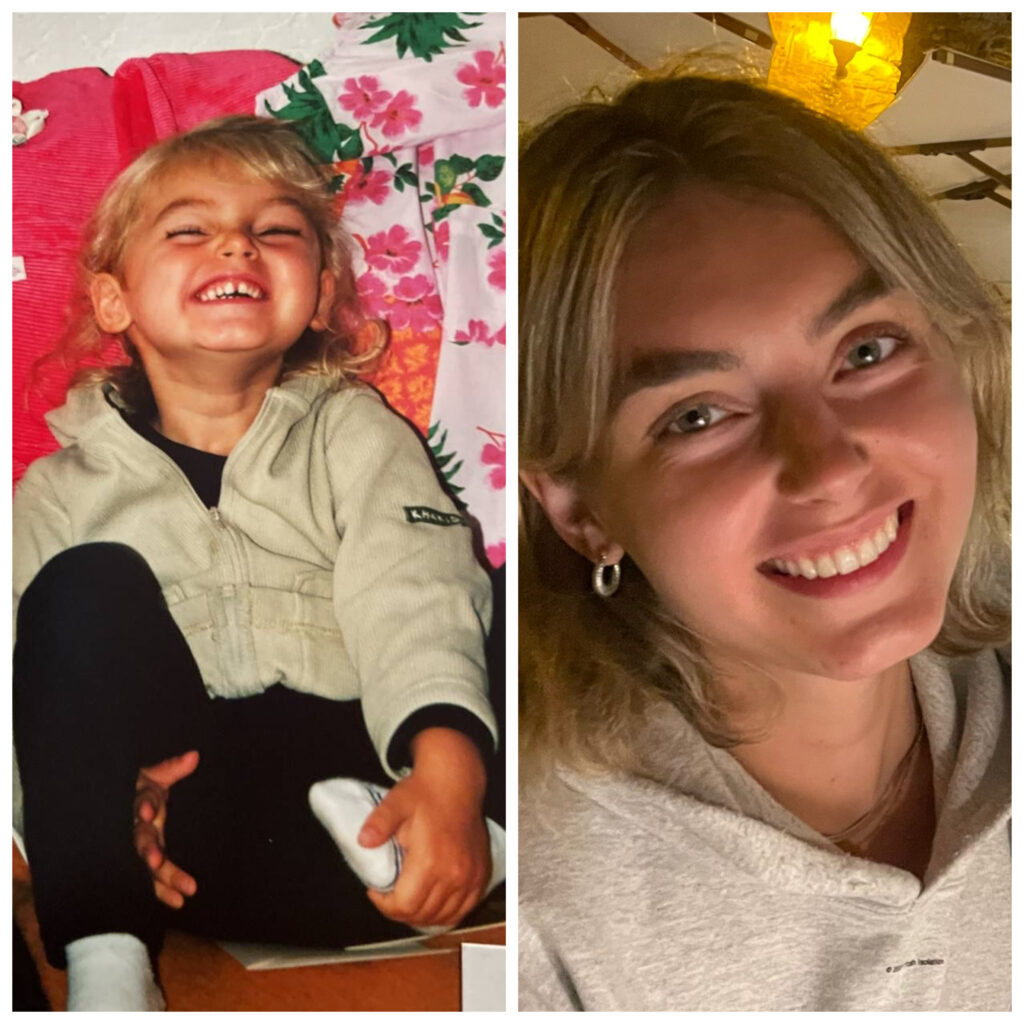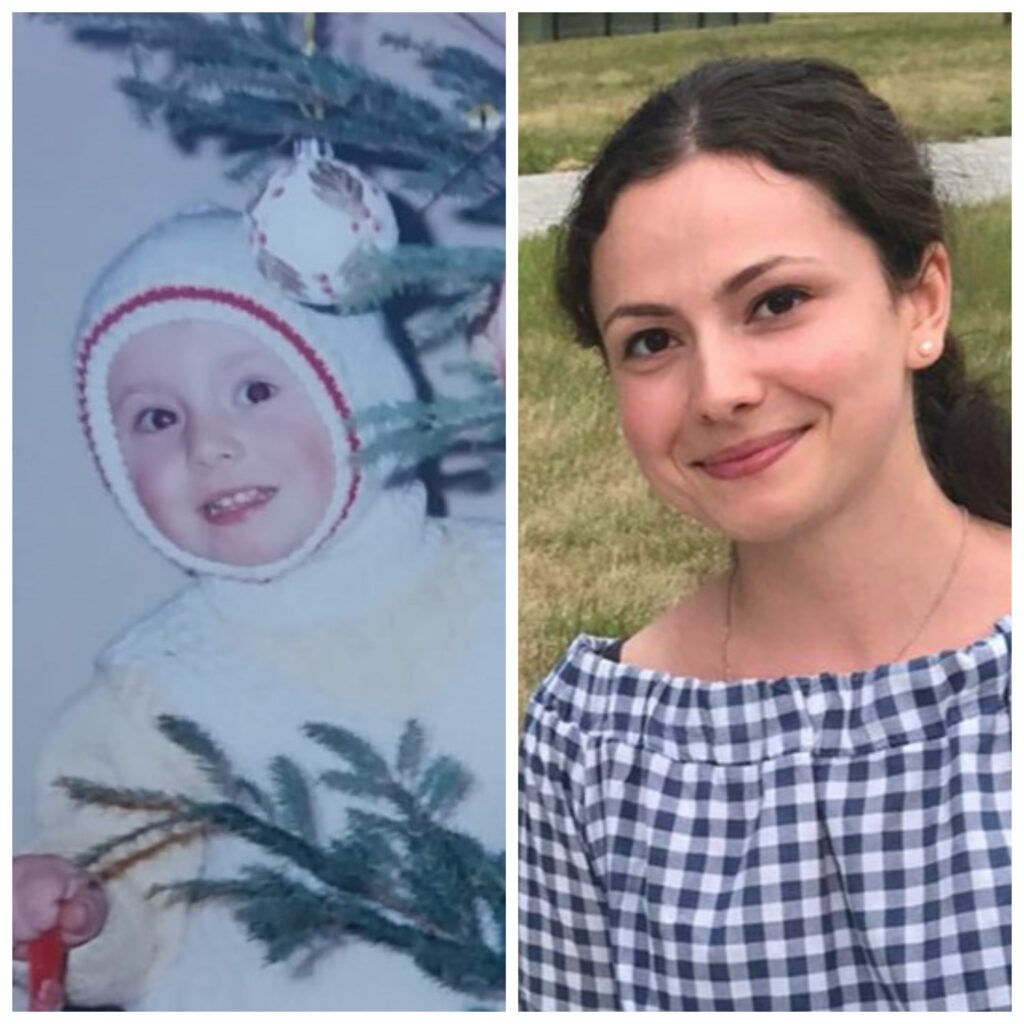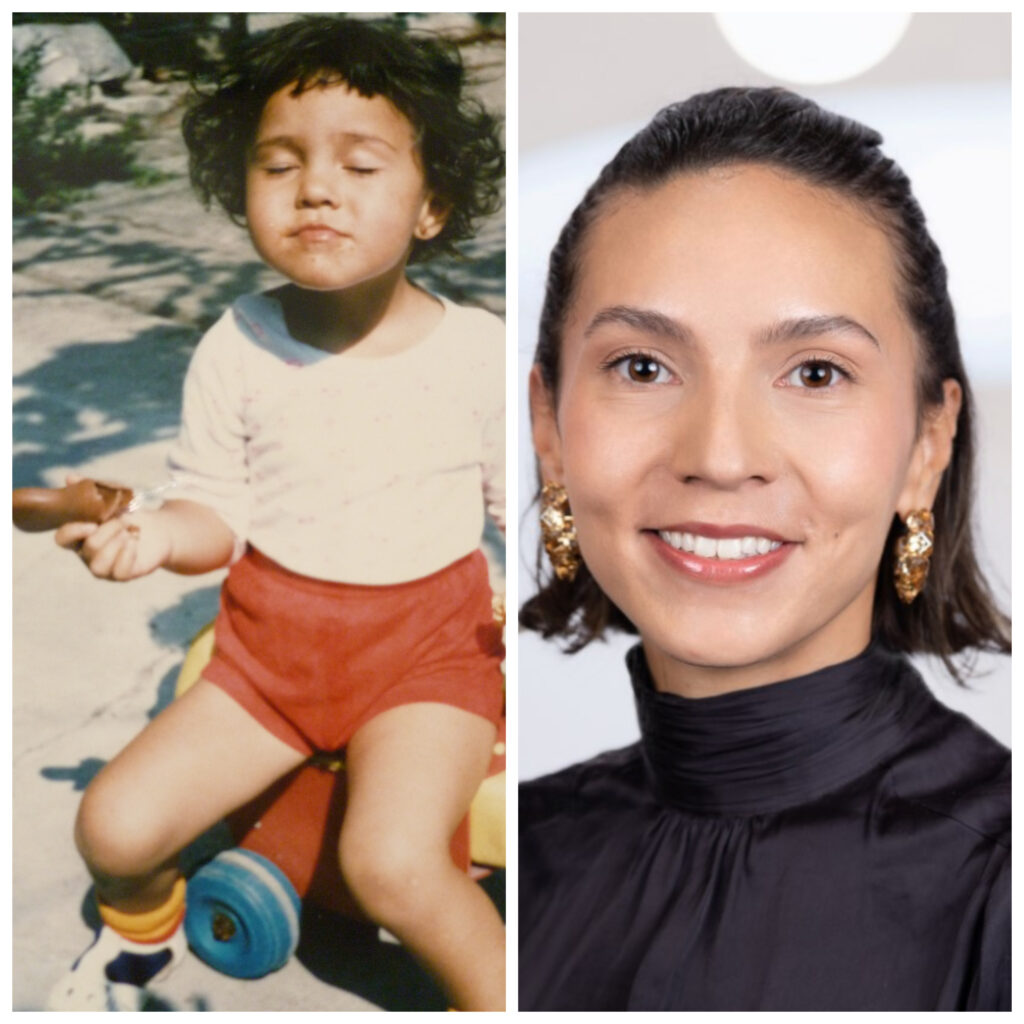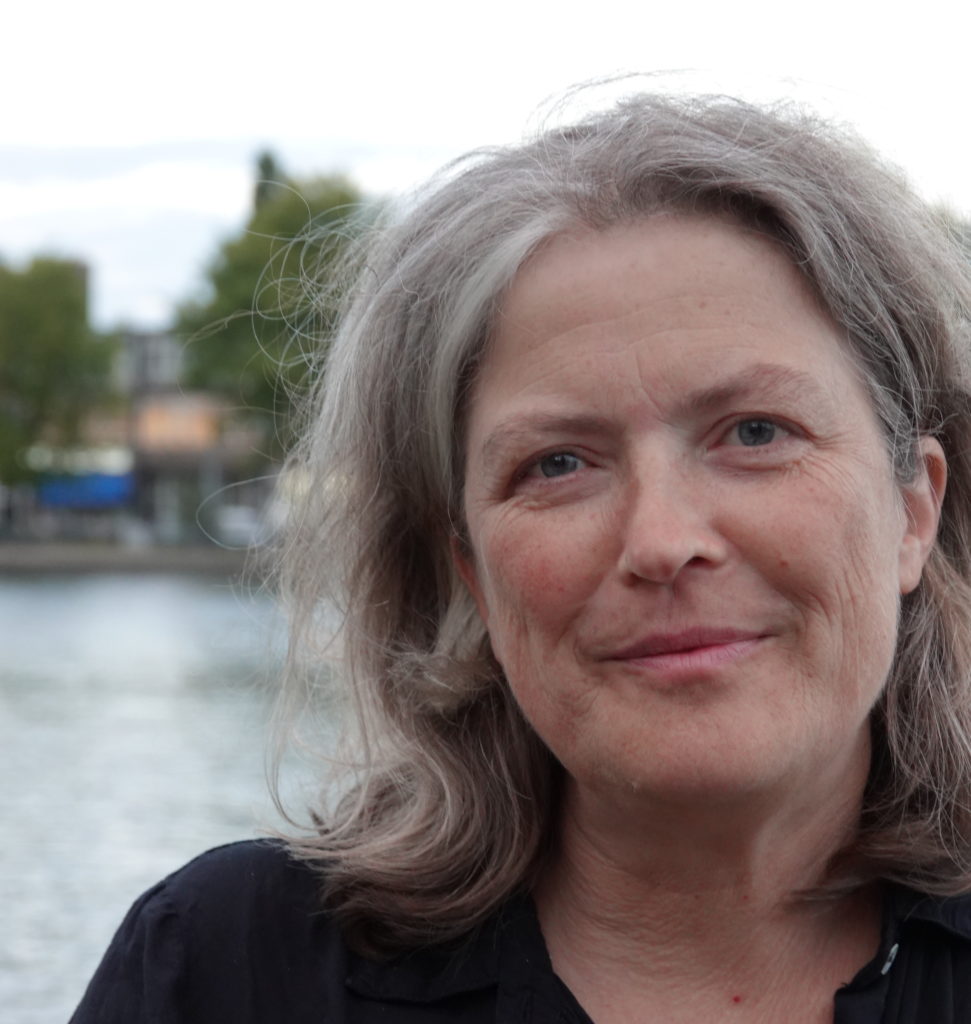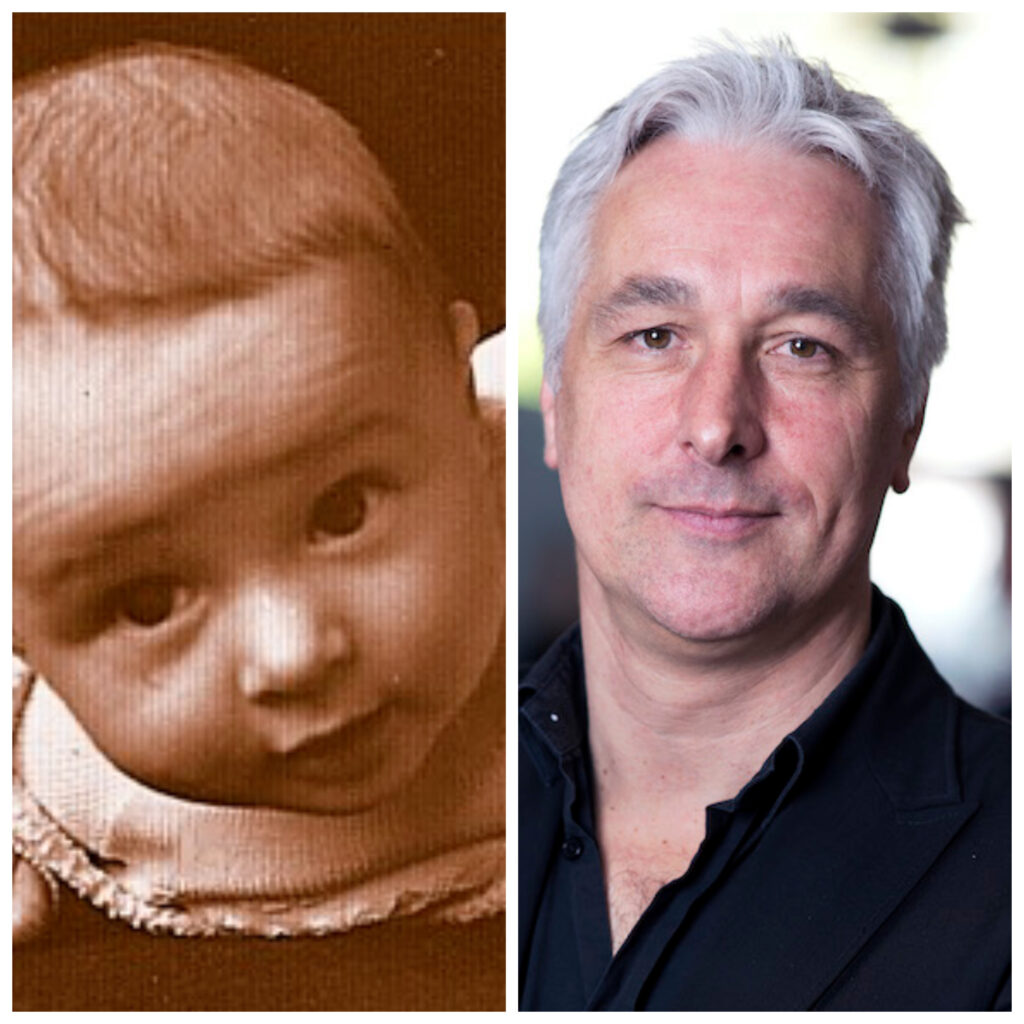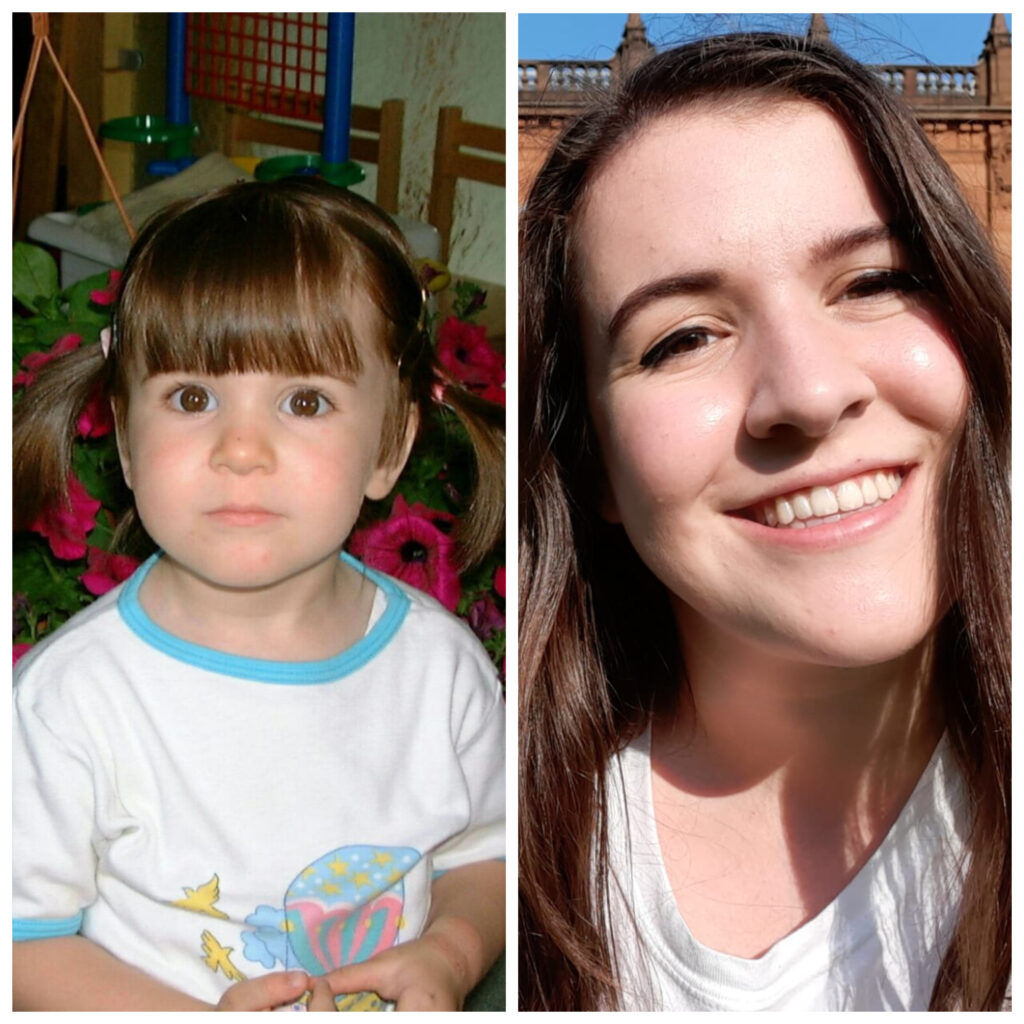
I think human minds are fascinating, especially in the first couple of years of our lives when cognitive abilities develop. There are so many different skills we learn from a very young age that are crucial for us for the rest of our lives. As a research master’s student in developmental psychology and cognition, I’m looking forward to discovering more about infants’ cognitive development. I am part of the ManyBabies 3 project looking into rule learning abilities in infants.

